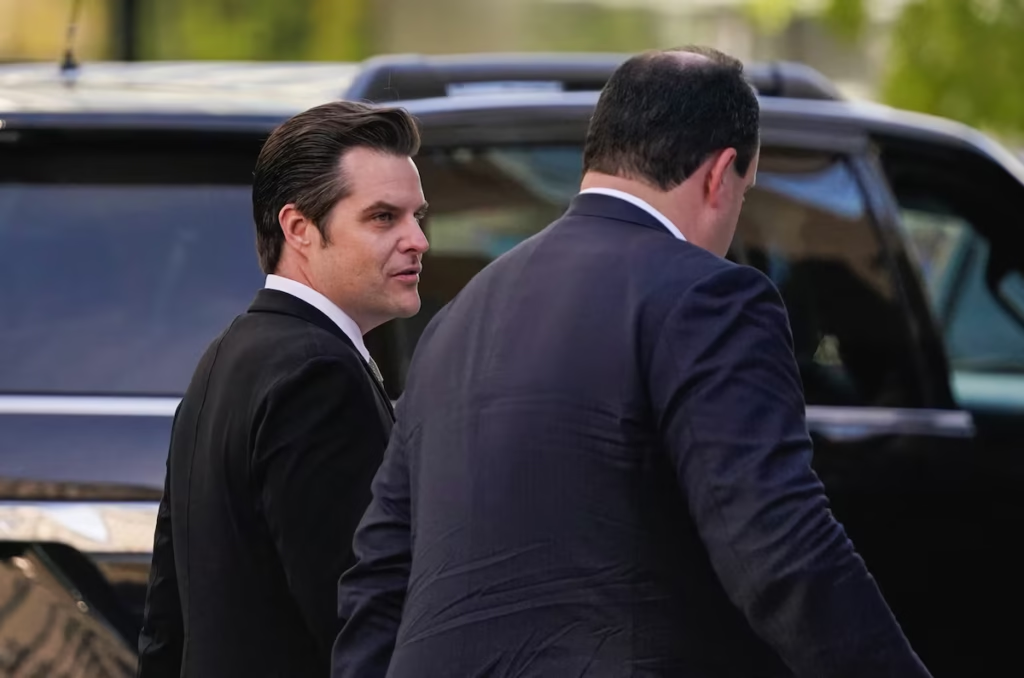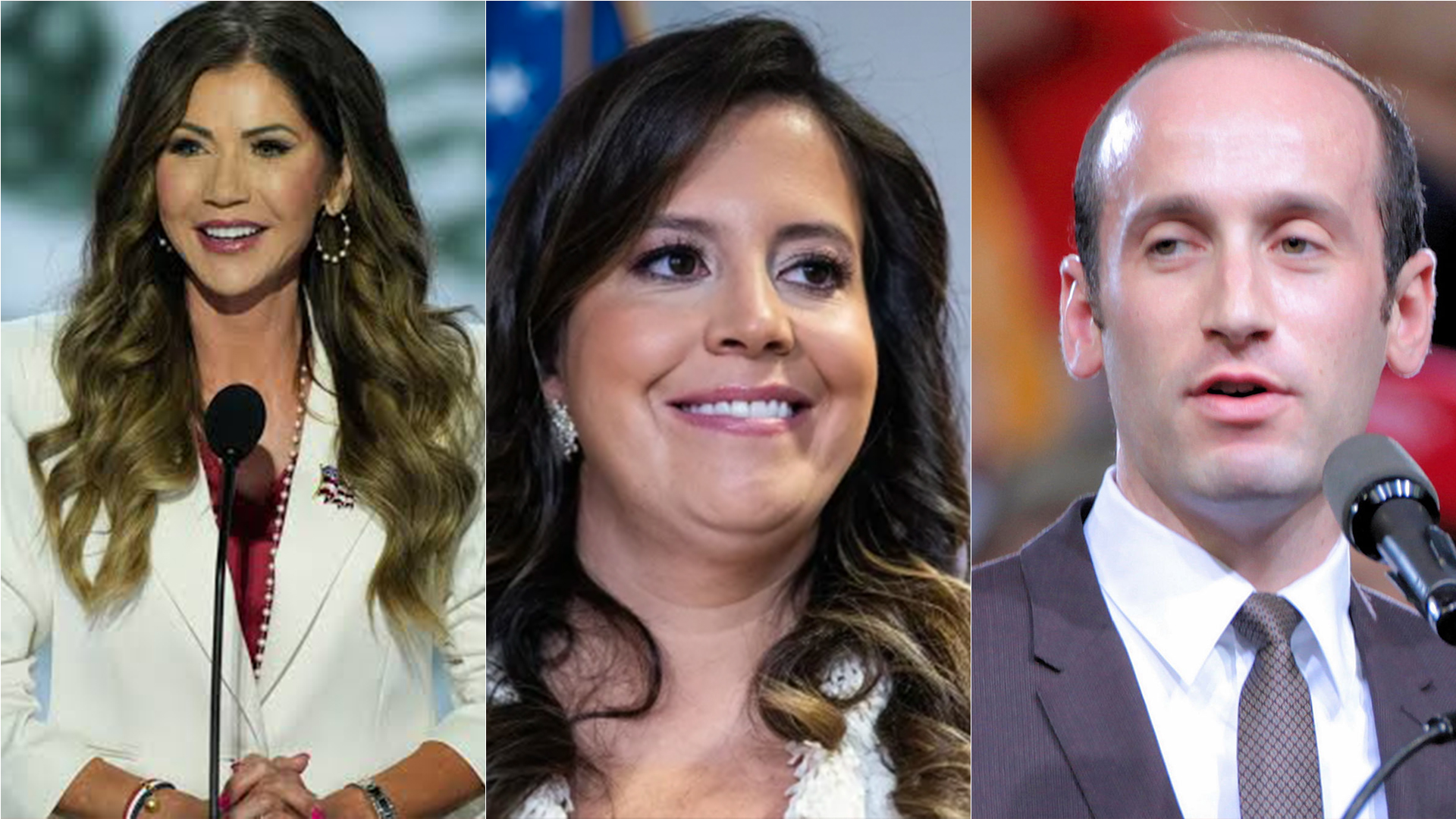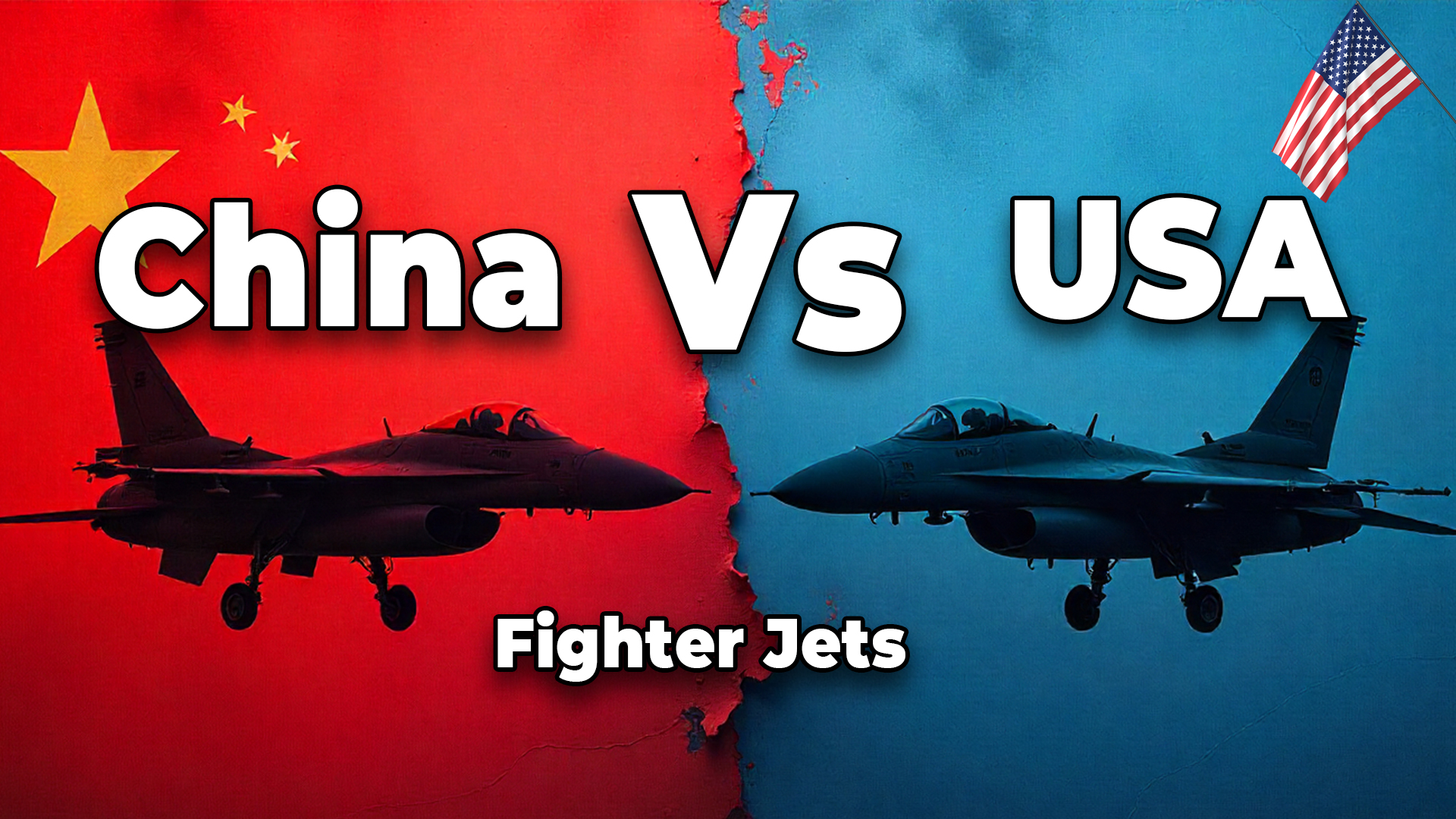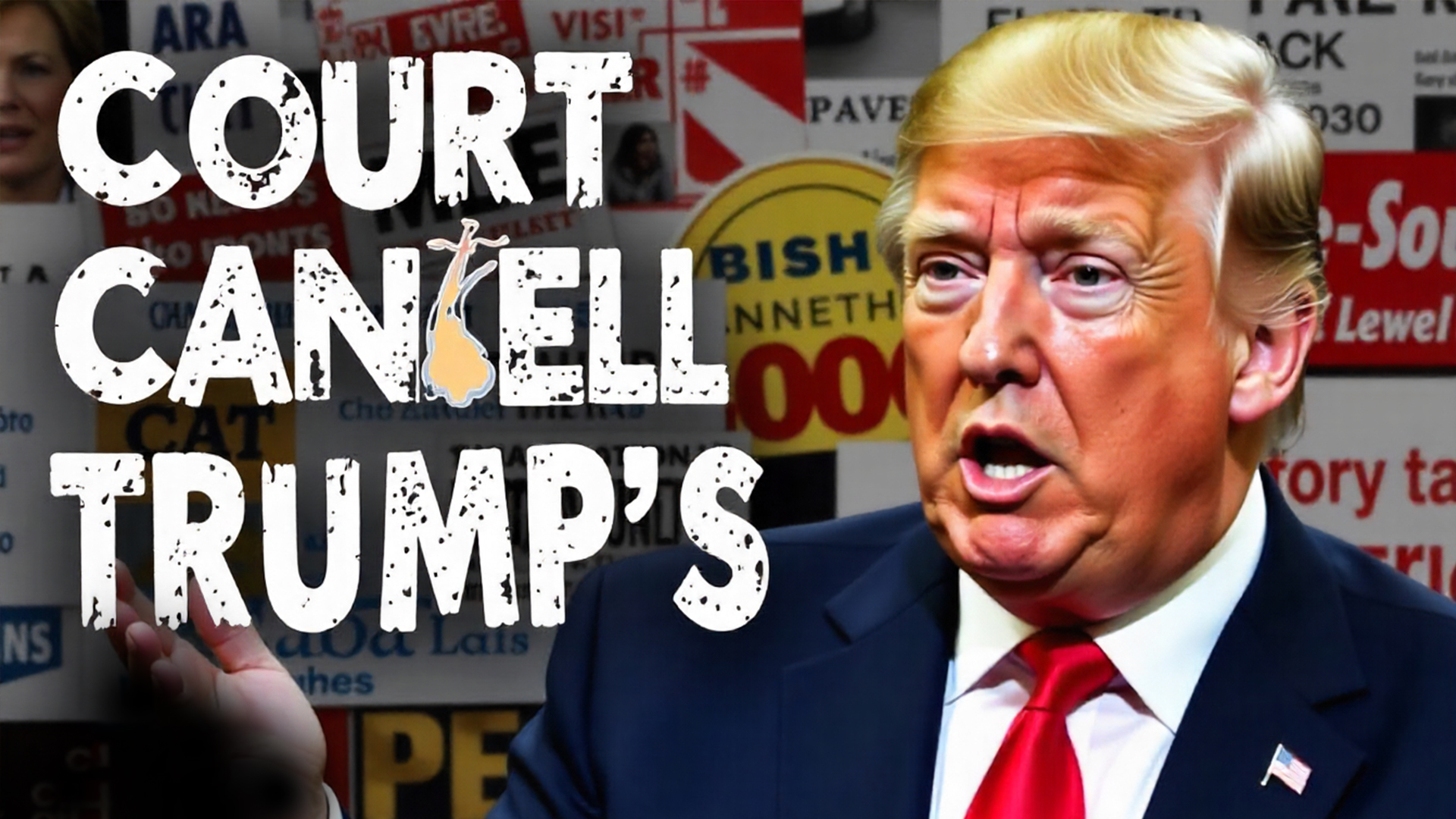Trump has appointed loyalists and hardliners to head key departments that will drive U.S. policy on immigration, defense, and other major issues.
Donald Trump may have only just secured a second term, but his recent staffing choices have already stirred concern among critics who worry his administration will advance a more extreme agenda.
Trump has selected key allies and hardliners for critical immigration roles. Stephen Miller, a former advisor known for his role in Trump’s past immigration policies like the Muslim travel ban, will serve as Deputy Chief of Staff for Policy and as an adviser to the Department of Homeland Security. Tom Homan, former acting director of ICE and a supporter of the family separation policy, has been appointed “border czar,” while South Dakota Governor Kristi Noem, a longtime Trump supporter, will lead the Department of Homeland Security. Together, this team is likely to drive Trump’s campaign promise to deport millions of undocumented immigrants.

U.S. Rep. Matt Gaetz (R-FL) arrives with U.S. President-elect Donald Trump’s motorcade on the day Trump meets with House Republicans in Washington, on Nov. 13. Photo: Nathan Howard/Reuters
Matt Gaetz Appointed as Attorney General
On Wednesday, Trump announced that Republican Congressman Matt Gaetz of Florida, one of his most vocal supporters, would serve as Attorney General. Gaetz, a national figure known for his role in ousting Kevin McCarthy as House Speaker and his conservative stance, was previously investigated in a federal sex-trafficking case that concluded without charges in 2023. Trump has also tapped former Democratic Congresswoman Tulsi Gabbard, who left the Democratic Party to endorse Trump, as Director of National Intelligence.
Pete Hegseth appointed Secretary of Defense
Trump’s appointment of Pete Hegseth as Secretary of Defense has drawn considerable attention. Hegseth, a Fox News personality and Army veteran, has been vocal against “woke” military policies and questions the role of women in combat. He also supports pardoning service members accused of war crimes, and his nomination has already sparked controversy, with critics claiming he lacks the qualifications for the role.
Trump’s ambassadorial choices hint at a return to his staunchly pro-Israel stance. Mike Huckabee, former Arkansas Governor, has been nominated as U.S. Ambassador to Israel, a move criticized by some for Huckabee’s hardline views on the Israeli-Palestinian conflict. For the U.N. ambassador role, Trump has chosen New York Representative Elise Stefanik, a vocal critic of the U.N.’s handling of Palestine-related issues and advocate for defunding Palestinian aid agencies.
On Saturday, Trump made headlines by confirming that former Secretary of State Mike Pompeo and ex-U.N. Ambassador Nikki Haley—both previously aligned with U.S. support for Ukraine—would not return in his administration. Instead, he has named John Ratcliffe, former Director of National Intelligence and close ally, as the new CIA director, while former New York Congressman Lee Zeldin will lead the Environmental Protection Agency. Environmental groups have condemned Zeldin’s appointment, citing his votes against climate legislation.
TRUMP Names Former Immigration Boss to Lead Border Security
Elon Musk Appointed
Elon Musk and former presidential candidate Vivek Ramaswamy have been tasked with leading the new Department of Government Efficiency. Though not a formal government agency, the department aims to streamline federal bureaucracy by a third, drawing criticism for Musk’s lack of government regulatory experience and past conflicts with U.S. regulations.
In other appointments, Senator Marco Rubio is expected to be Secretary of State, with Congressman Mike Waltz likely joining as National Security Adviser. Trump’s close ally Susie Wiles has been named Chief of Staff, while longtime friend and donor Steve Witkoff will serve as a special Middle East envoy. William Joseph McGinley, previously Trump’s cabinet secretary, will return as White House counsel, promising to help advance Trump’s “America First” agenda and push for “election integrity.”
Trump’s picks underscore a loyalty-driven administration that may reignite divisive issues and push forward a more combative domestic and international stance.






Great write-up, I’m normal visitor of one’s site, maintain up the nice operate, and It is going to be a regular visitor for a long time.
Thank you so much for your kind words and continued support! 😊 It’s wonderful to know you enjoy the content and visit regularly—it truly means a lot. I’ll keep doing my best to provide valuable and engaging posts. Looking forward to having you as a regular visitor for a long time to come! 🙌
I enjoy your work, thankyou for all the informative posts.
Thank you! I really appreciate your support. Stay tuned for more informative posts!
Thanks for another informative web site. The place else could I get that kind of information written in such an ideal approach? I have a challenge that I’m simply now working on, and I’ve been at the look out for such information.
‘m glad you found the website informative! 😊 If you’re looking for more content like that, you might check out news analysis sites like Politico, The Atlantic, or Foreign Affairs for deep dives into political appointments and policy agendas.
If you’d like help with your current challenge or need more sources, feel free to ask—I’d be happy to assist! 🚀
Your point of view caught my eye and was very interesting. Thanks. I have a question for you.
Can you be more specific about the content of your article? After reading it, I still have some doubts. Hope you can help me.
Thanks for reading! I’d love to clarify any doubts you have. Let me know what specific points you’d like more details on!